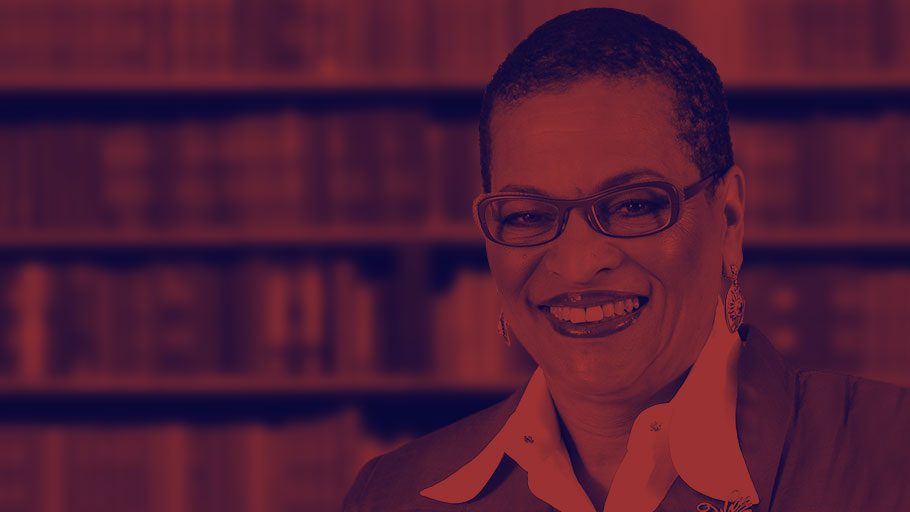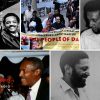I had the privilege of attending and addressing the All African Diaspora Summit at the University of Cape Coast in Ghana. Convened by Dr. Edward Bush, President of Cosumnes River College, a community college near Sacramento, California, the conference drew more than 400 attendees, many from the California Community College system but others from other colleges and universities in the United States and on the African continent. The keynote speakers included Dr. Anthony Browder, Dr. Chike Akua, and me. We all pushed the envelope in defining education and how it must be redefined to respond to the needs of a global African people. As Audre Lorde said, “The master’s tools will not dismantle the master’s house.” In other words, traditional, rote, European education will not empower Black people to embrace our destiny. Conventional wisdom certainly has its place, but another way of considering contemporary education is to reflect on Dr. Carter G. Woodson’s declaration that it took him 30 years to get Harvard out of him.
Visiting the African continent is a first step toward considering how conventional education has a brainwashing effect. Connecting ourselves to the African continent is equally essential. That’s why I was honored to spend a bit of time with Dr. Ereika Bennett, the founder and CEO of the Diaspora Africa Forum (DAF). The Africa Union recognizes this organization as the sixth region of Africa. The five established regions of Africa are North, South, East, West, and Central Africa. The sixth region is the Diaspora, the collection of 250 million African descendent people who live all over the globe. Thanks to ambassador Bennett (officially recognized as Diasporan Ambassador to the Africa Union), the DAF now has a flag and will soon have a national anthem. Bennett has been a tireless advocate for the viability of the African continent and also an advocate for diasporan interests on the continent, including the possibility of dual citizenship (which exists in Ghana), the right of abode, and the ability to do business and to invest.
Many African Americans recognize our ancestral roots, but we must do more than that. Dr. Toni Luck, an activist and entrepreneur serving on the DAF board, says that we can support DAF, its efforts to build bridges between the US and the African continent, and educational efforts to support African youth. She suggests that we all need to expand our knowledge of the African continent, both in the past and today, and become advocates for Africa in the United States.
I agree with her. Even the least conscious person possibly owns a piece of kente cloth, a few cowrie shells, or African-inspired clothing. However, when we get past that symbolic sentimentality, we might all ask ourselves what we have done for Africa lately. Wearing African garb on our bodies does not necessarily demonstrate that we are Pan African people in our minds.
I had the privilege of visiting the WEB DuBois Center in Accra, where Dr. DuBois is buried, and the DAF house is located. My visit to the DuBois Center, which I visit whenever I am in Ghana, is an opportunity for me to reflect on our roots and our need for reeducation. For example, I referred to the buildings at Elmina as “castles,” Dr. Browder reminded me that these should be described more as “dungeons” than castles. Indeed, when I considered the square footage of these odious edifices, most of the space was used to shackle, torture, murder, and export our people to the service of global predatory capitalism. Not castles, but dungeons and hell holes. As aware as I think I am, I needed my brother’s perspective to remind me that we must always examine the lens through which we view the world and question whose lens we have adopted.
Hundreds of US educators had the opportunity through the Africa Diaspora Education Summit to unpack western education and to consider its dismantling. Carter G. Woodson said it took him 30 years to get Harvard out of him. How long will it take for you to get colonialism out of you? Connecting with the Diaspora Africa Forum (DAF) might help. www.diasporaafrianforum.org.















